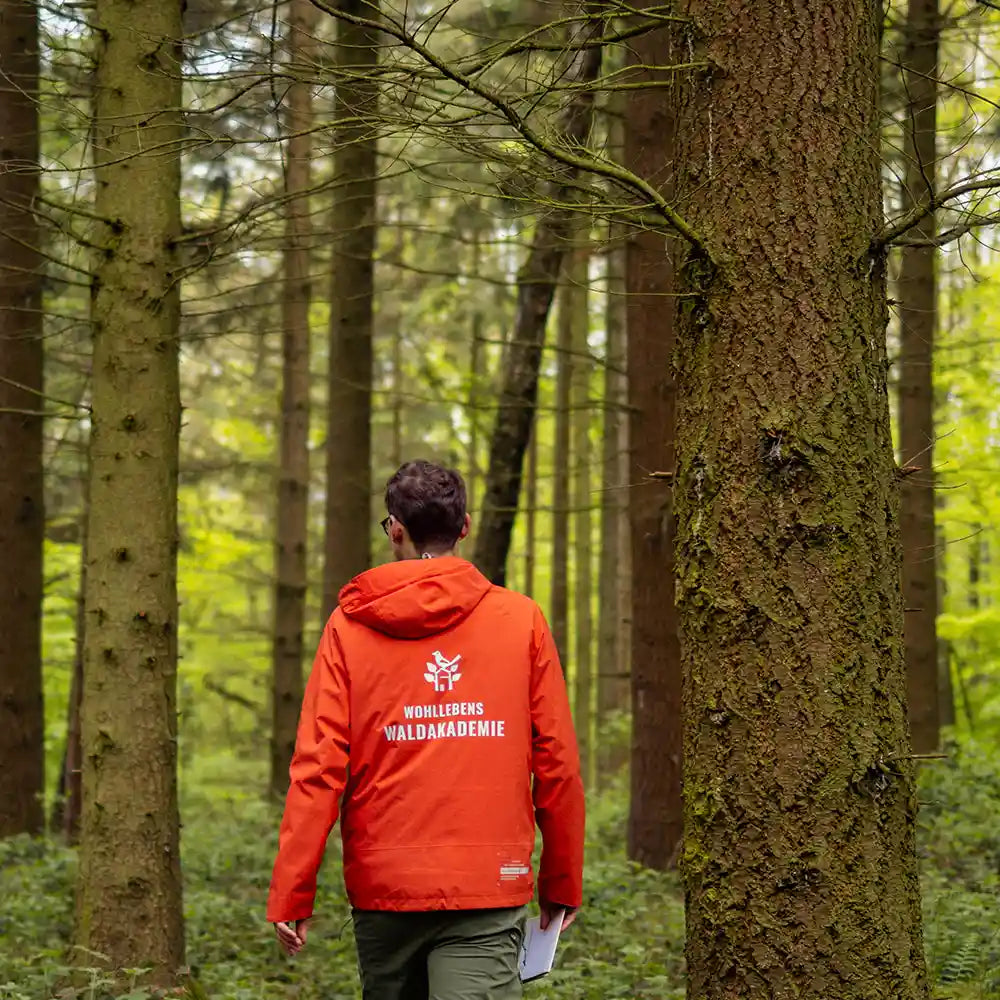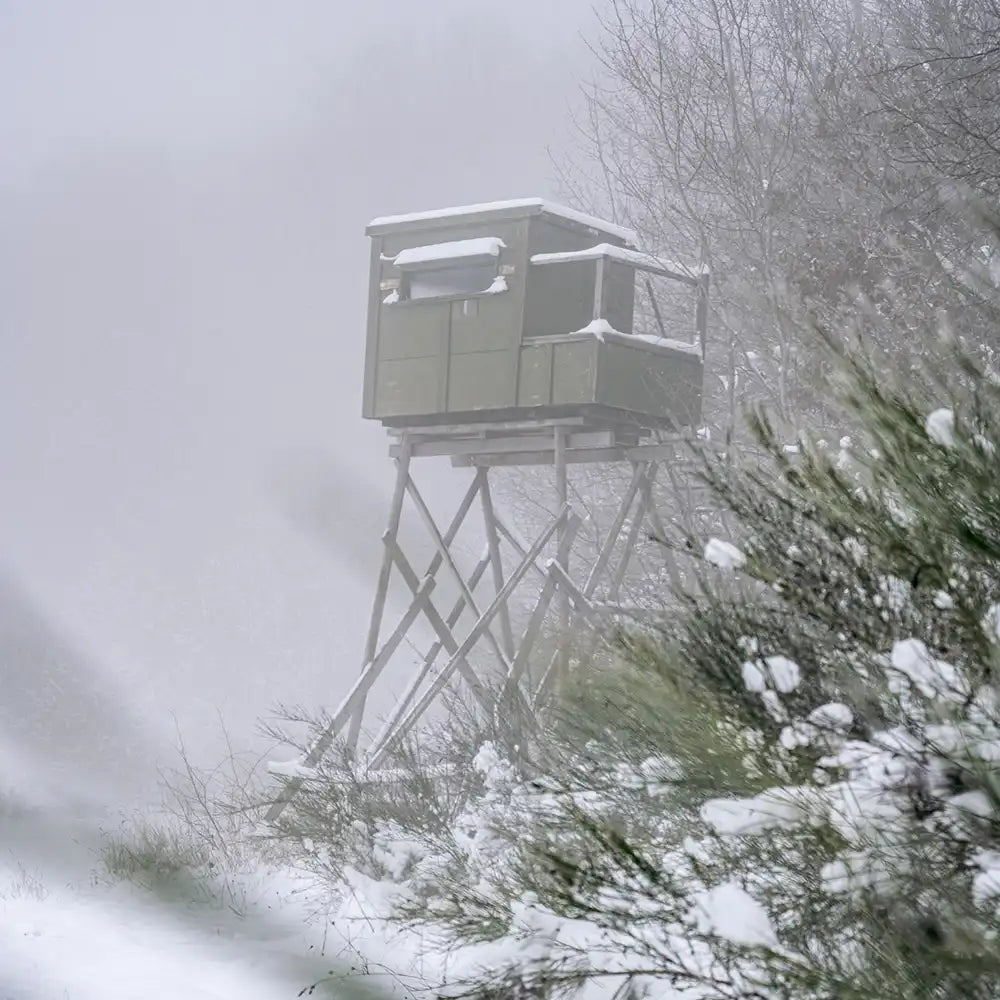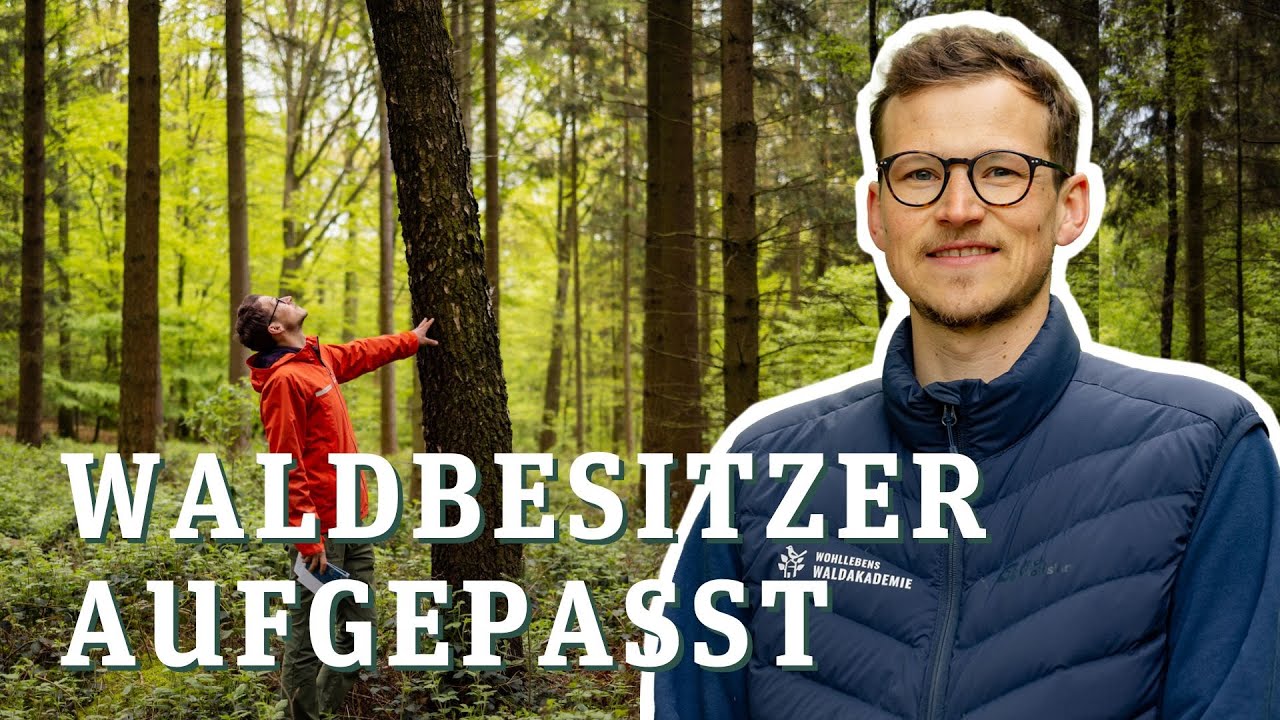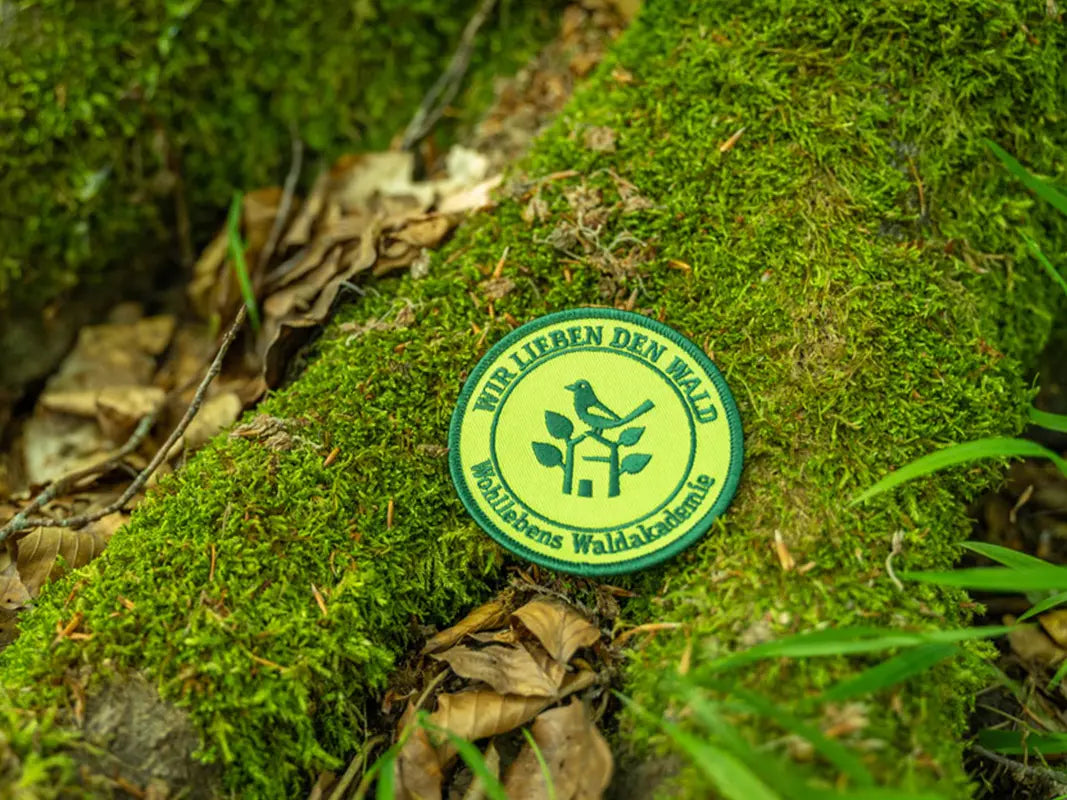Buying forest – what do I need to consider?
What do I need to consider when purchasing a piece of forest? This article is intended to serve as a guide for anyone considering purchasing a piece of forest.
The reasons for wanting to buy a forest plot are numerous and couldn't be more diverse: firewood, a patch of green space, hunting, returns, environmental or climate protection, investment, adventure, and much more. Especially for small forest properties, the pool of interested parties is very large. This makes offers rare and usually snapped up faster than the proverbial "hot cakes." But even if you're initially happy to have finally found a suitable piece of forest, the purchase should be carefully considered. In addition to certain rights, there are also responsibilities that come with the property purchased. To avoid a nasty surprise after the initial euphoria, we would like to inform you about the regular obligations of being a forest owner.
Beyond the potentially "new" and somewhat less familiar obligations, let's first address the money and the associated taxes. However, this isn't something only forest owners have to deal with; all landowners regularly face:
How much does a hectare of forest cost?
Timber prices fluctuate widely, with the following factors playing an important role:
- The location
- The size
- The tree species composition
- The vitality of trees
- The age of the trees
- The biomass reserve
Prices for one hectare of forest can range from €10,000 for a dying spruce plantation to €60,000 for an old deciduous forest with a high biomass reserve. Once the forest is large enough for private hunting (depending on the federal state, but at least 75 hectares), this can also have an impact on the price.
Taxes for forest owners
The so-called real estate transfer tax is probably the easiest to calculate and the one-time tax that new forest owners must pay. It is calculated based on the actual purchase price and depends on the tax rates of the respective federal state. As is well known, property taxes are also levied on real estate ownership in Germany. This also applies to forest areas. However, compared to building land, the tax rates are low, and especially for small forest areas, the tax is hardly significant. This privilege is due in no small part to the low economic value of small forestry operations.
Despite a property tax reform, the calculation remains somewhat complicated. After all, small forest landowners generally won't have to pay any property tax until 2025. After that, it remains to be seen what effect the newly determined property tax values will have. Ultimately, the actual property tax also depends on the so-called assessment rates, which are set by the respective municipalities within whose jurisdiction the forest lies. You should consult your tax advisor anyway to obtain information about current tax payments.
Insurance
Most "forest insurance" policies are voluntary . Typically, these policies are intended either to protect the value of the forest in the event of storms or fires, or to cover damages caused during work in the forest or caused unlawfully to forest owners. Whether you want to insure yourself or your forest in this way is up to you. However, the need for them should always be assessed.
The more you engage in forestry work, the more relevant insurance becomes. However, statutory accident insurance is mandatory anyway, at least for forests with 2,500 square meters or more. Contributions are collected by the employers' liability insurance association (Berufsgenossenschaft ). The national provider of this insurance is the SVLFG, the Social Insurance Fund for Agriculture, Forestry, and Horticulture.
Membership fees
As a forest owner, you can voluntarily become a member of various associations. However, in some federal states, particularly in northern Germany, membership is mandatory in so-called water and/or soil associations, which are responsible for the maintenance of dikes and sluices or smaller waterways, and sometimes their renaturation. Membership fees or charges vary widely and should be inquired about in advance.

Management and hazard prevention
Even lawyers are debating whether there is an actual obligation to manage forests in the sense of forestry. However, given state-owned forest protection areas with logging bans and a corresponding subsidy framework, it is clear that there is most likely no obligation for private forest owners to fell trees and use or market their timber.
The law provides a different approach to hazard prevention. If, for example, a forest poses a threat of pest proliferation and could affect other forest owners, action must be taken as long as the threat persists. However, it can generally be said that the more natural your forest is, the less you will have to deal with pests, storms, fire, and the like. This is due to the fundamental principle of the Central European forest ecosystem, which is generally designed for stability.
Training in ecological forest managementDuty of care and right of access
The often-cited duty of care actually also revolves around the prevention of danger. It is about ensuring that one should/must rule out the possibility that one's own trees or other forest components and structures pose a danger to certain forest users or adjacent areas. There is no law for this regulation; it is based on corresponding court rulings. It is important to examine where and whether this duty of care applies. It is by no means the case that the entire forest is affected . That would not be particularly good news for forest owners either. They are required to allow everyone to enter the forest, including private ones, for recreational purposes. If they were now also liable for every possible danger, they would probably no longer be able to sleep peacefully. Therefore, it is somewhat more reassuring to know that everyone in the forest has to reckon with typical forest dangers and that everyone is responsible for themselves in the event of damage.
Everything that occurs naturally in the forest is typical (e.g. dead branches/trees). Conversely, anything that humans build in the forest or are responsible for (e.g. piles of wood, bridges, benches, etc.) would be untypical of a forest. Only in certain places do typical forest hazards have to be excluded. These include, for example, so-called recreational facilities such as benches, information boards, barbecue/shelter huts, or similar. Here, people are encouraged to stay longer and relax. In addition, the danger areas of public roads, i.e. roads and railway tracks, must also be monitored. If a risk is identified, for example from a dead or diseased tree, action must be taken to prevent trees from falling onto the road. There is currently no duty to ensure road safety on simple forest trails and hiking trails.

hunting
If you own a piece of forest, then you have what is known as hunting rights . However, that doesn't mean you're allowed to shoot animals if you wanted to. A few other requirements must be met, such as a hunting license and other things. Private forest areas are often leased for hunting purposes . This means that others can kill and use animals in the forest and fields for money. However, if you, as the owner, don't want this, you can have hunting banned on your property. This has only been possible for a few years, and more and more people are taking advantage of this.
Miscellaneous
Generally, it's a good idea to gather as much information about a property as possible. This applies to houses as well as forests. Depending on the region, municipality, and history, various requirements or special regulations may apply. Contaminated sites, utility lines, usage rights, nature conservation regulations, etc.
Even though there are a number of factors to consider, it's generally nice to have your own forest. But if having your own forest doesn't work out, every German citizen already owns a piece of forest. Half of Germany's forest area is publicly owned by federal states or municipalities, and thus belongs to all of us.
A nice thought, we think.
A little more personally, and without any further obligations, you can fulfill your dream of having your own "jungle".

You want to buy forest?



